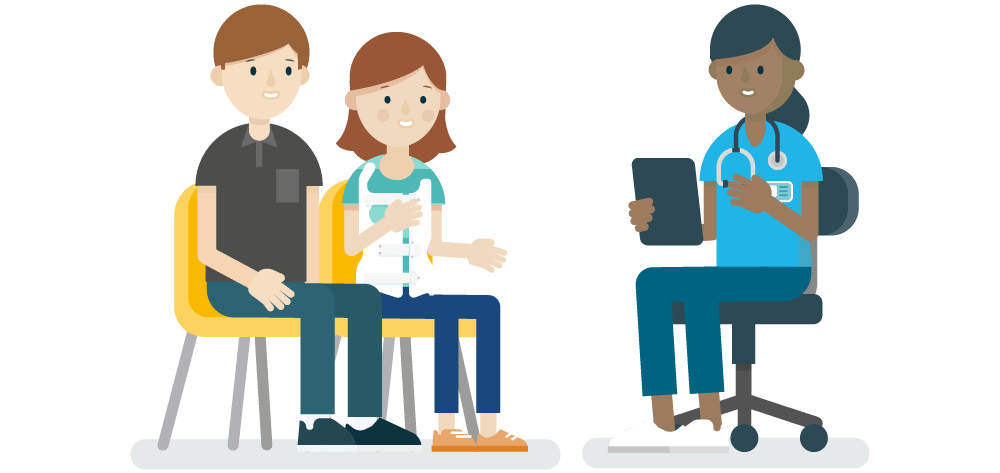
About the Study
The BASIS study has been designed by surgeons, scoliosis patient representatives and researchers, to try and find out which type of back brace is best for treating scoliosis.
Multiple hospitals across the UK are helping us to run the study.
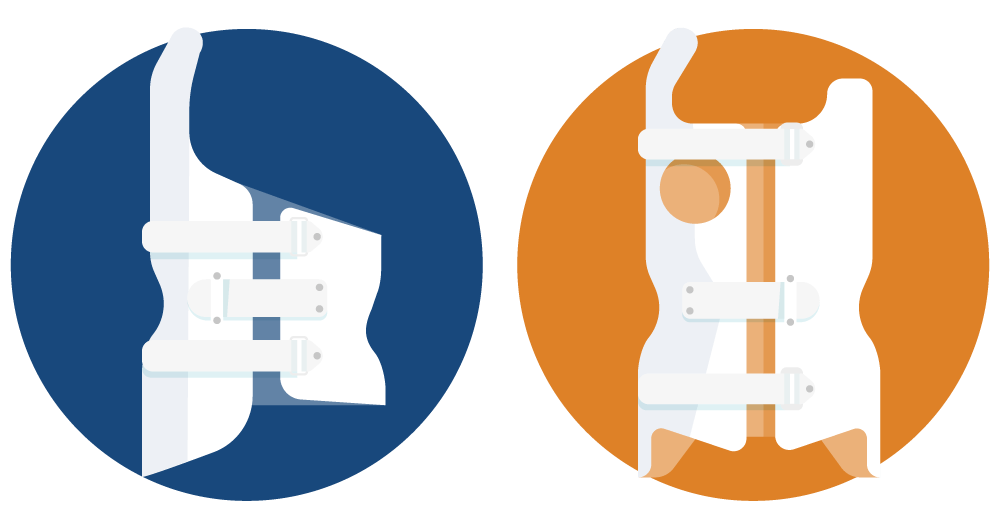
What is the BASIS study?
The BASIS study is the Bracing Adolescent Idiopathic Scoliosis Study. It is a type of study called a ‘randomised controlled trial’.
This means that the type of back brace given to participants in the study is randomly chosen by a computer, to make sure it is fair and the results can be trusted. We are asking lots of young people aged 10 to 15 years old with a diagnosis of scoliosis if they would like to take part.
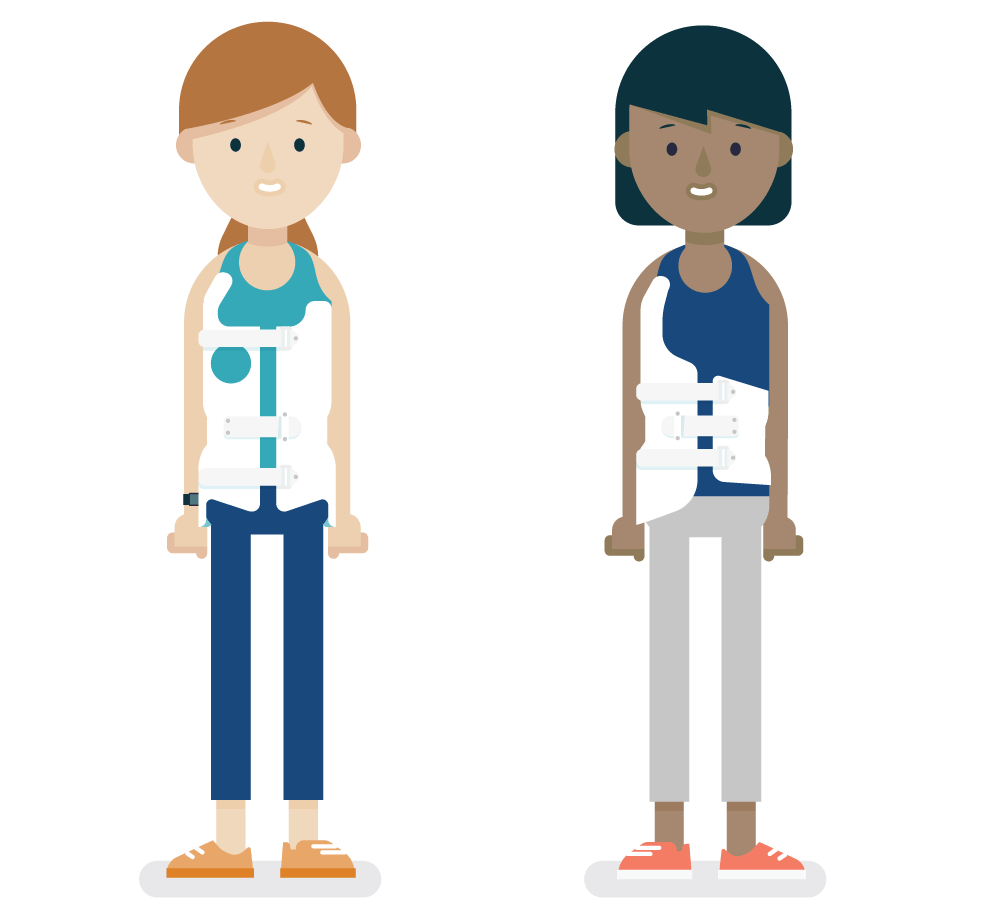
Why are we doing the BASIS study?
In the UK, we use a full-time brace to treat scoliosis, which must be worn for at least 20 hours a day to work.
Other countries in the world use a different type of brace, which is worn only at night. We are doing the BASIS study to try and find out whether a night-time brace is as effective as the full-time brace we currently use.
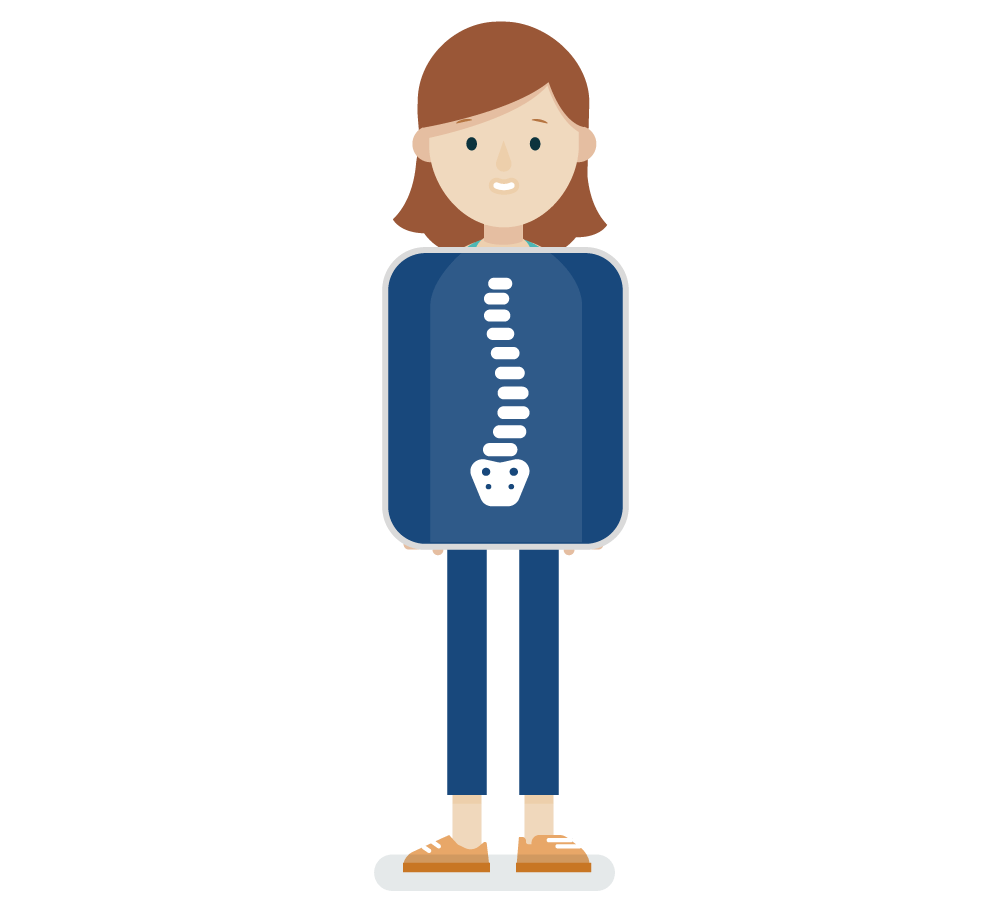
Why is the BASIS study important?
Lots of families tell us that they would prefer a night-time brace to a full-time brace.
The BASIS study will give us information about whether a night-time brace is effective and will help us decide whether we can offer it routinely to children and young adults with scoliosis in the UK.
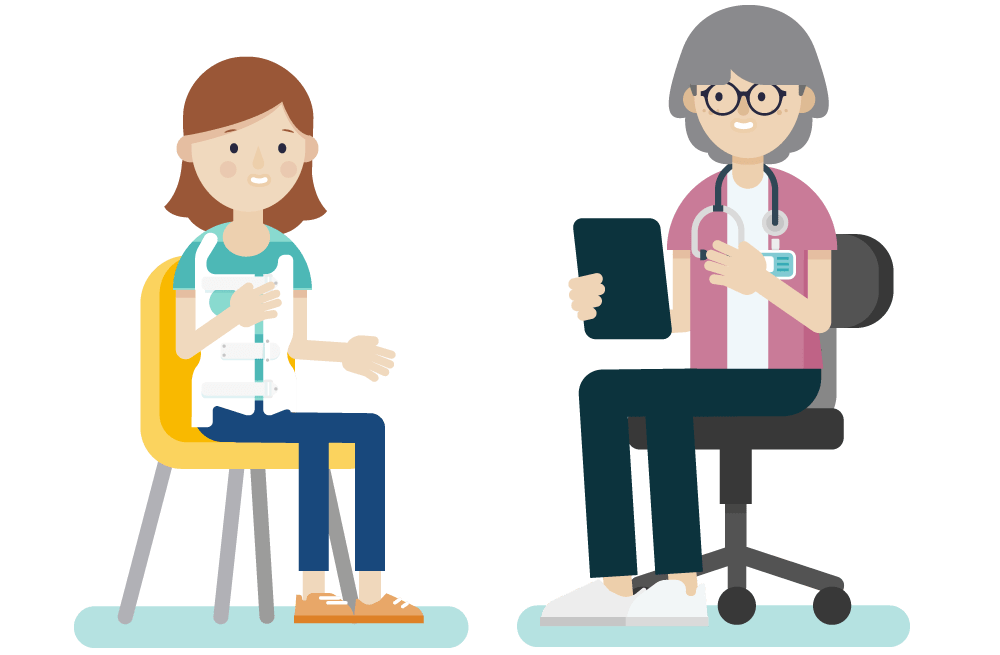
Take part...
Before you decide if you would like to take part, it is important that both you and your parents understand what is involved. Please follow the links below for more information:
Study team
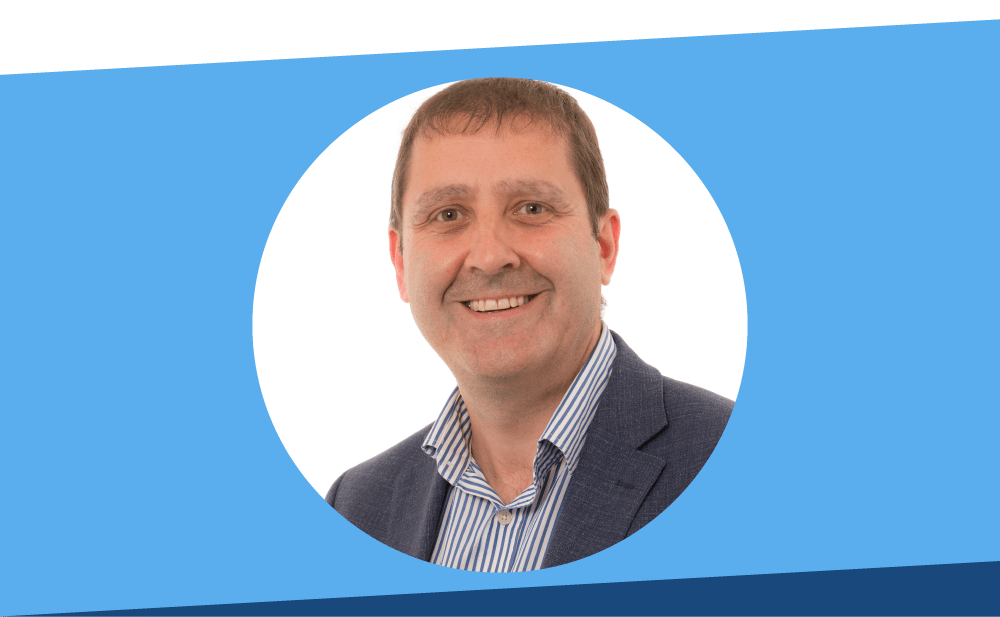
Mr Ashley Cole
Chief Investigator
Consultant Spinal Surgeon
Ashley is the lead consultant running the BASIS study, and is a Consultant Spinal Surgeon based in Sheffield.
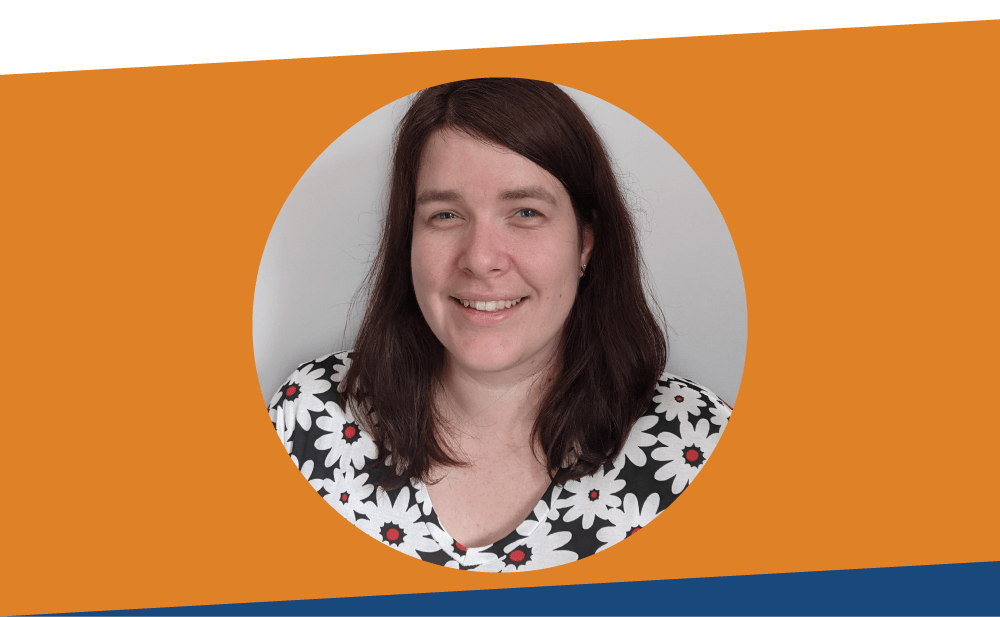
Lizzie Swaby
Study Manager
Lizzie is based at the Sheffield Clinical Trials Research Unit and has experience assisting and managing clinical trials across numerous areas of healthcare.
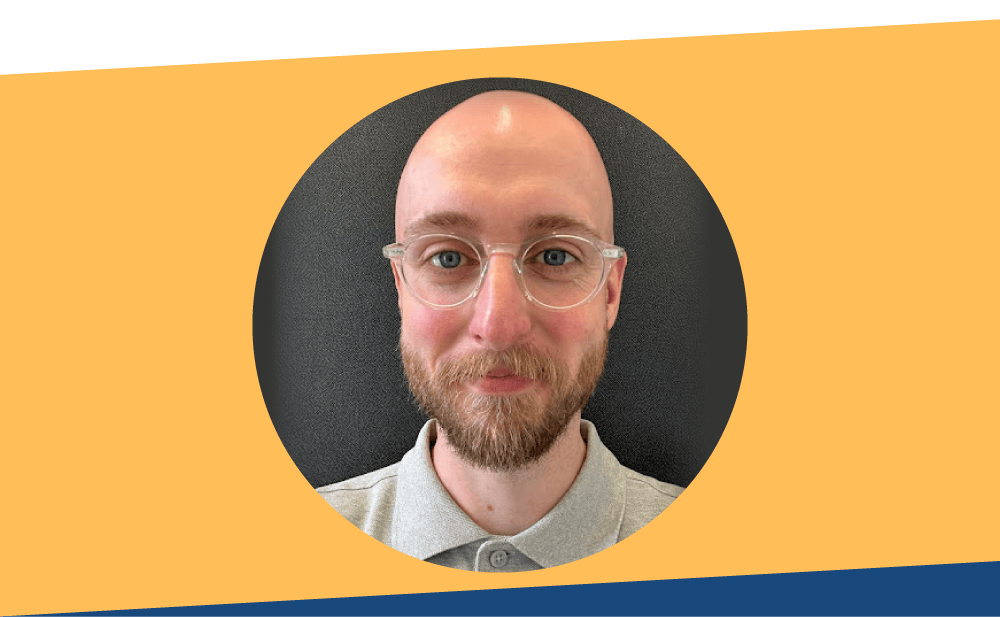
Joseph Dodd
Research Assistant
Joseph works alongside Lizzie at the Sheffield Clinical Trials Research Unit and has experience working on a variety of research projects.
Study Recruitment Sites
England
- Alder Hey Children's Hospital
- Evelina London Children's Hospital
- Great Ormond Street Hospital
- James Cook University Hospital
- Leeds General Infirmary
- Musgrove Park Hospital
- Norfolk and Norwich University Hospital
- Nottingham University Hospitals
- Oxford University Hospitals NHS Foundation Trust
- Royal Manchester Children’s Hospital
- Royal National Orthopaedic Hospital
- Royal Stoke University Hospital
- Royal Victoria Infirmary Hospital
- Sheffield Children's Hospital
- St George's University Hospital
- The Royal London Hospital
- The Royal Orthopaedic Hospital
- University Hospitals Bristol and Weston
- University Hospital Southampton NHS Foundation Trust